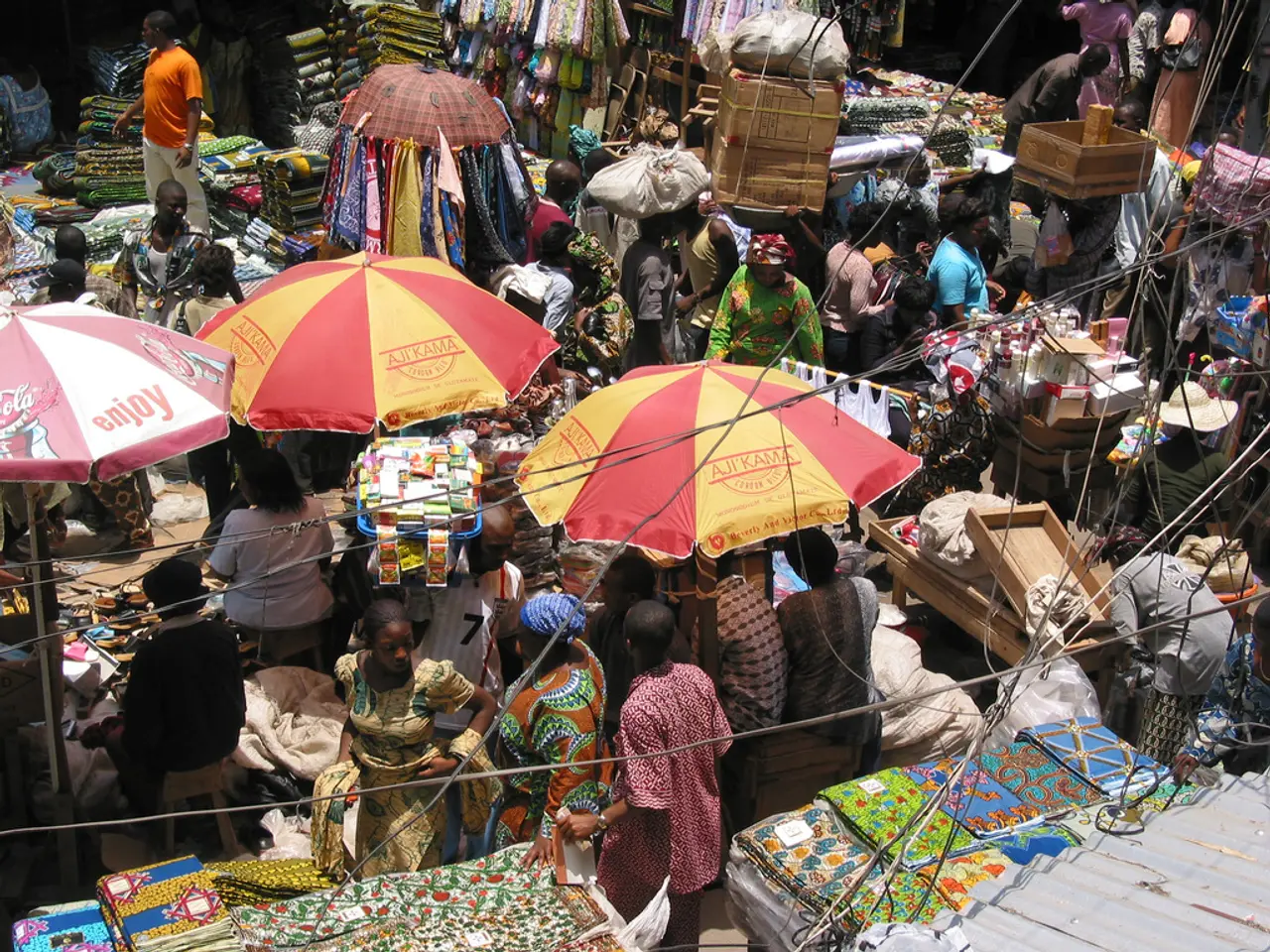Tether Fueled $10 Million in MANSA Transactions
Morocco's Crypto Landscape: A Balance Between Regulation and Adoption
Morocco maintains a firm stance on cryptocurrencies, with the practice of crypto mining and trading being illegal since 2017 due to concerns about financial risks, illicit activities, and lack of regulatory oversight. Despite this ban, crypto adoption in Morocco has grown underground, driven by individuals and businesses using peer-to-peer (P2P) platforms and informal over-the-counter (OTC) trading channels to circumvent restrictions.
The country ranks 27th globally for crypto activity, reflecting a significant informal market supporting digital asset usage. This underground growth occurs amidst warnings from the Bank Al-Maghrib and finance authorities, who emphasize the risks and illegality of these activities.
However, Morocco is actively exploring official digital finance innovations through a Central Bank Digital Currency (CBDC) initiative. The Moroccan central bank is developing a government-controlled digital currency to modernize payment systems, enable peer-to-peer and cross-border transactions, and promote financial inclusion without the volatility of decentralized cryptocurrencies. Collaborations with the IMF, World Bank, and the Egyptian central bank are ongoing to assess the CBDC's impact and feasibility for regional integration.
A draft law on crypto assets was under review by Morocco’s finance ministry as of mid-2025, signaling a potential cautious shift toward establishing regulatory frameworks—although the precise details and timeline remain uncertain.
Key Points
- Cryptocurrency mining and trading are illegal in Morocco since 2017.
- Crypto adoption in Morocco has grown underground, despite the ban.
- Morocco ranks 27th globally for crypto activity.
- Morocco is developing a Central Bank Digital Currency (CBDC).
- A draft law on crypto assets is under review by Morocco’s finance ministry.
In the meantime, fintech companies like MANSA are providing real-time settlement infrastructure for fintech companies moving money across borders. MANSA Finance has secured $10 million in funding for scaling cross-border payments in emerging markets. The funding consists of $3M in equity and $7M in liquidity support, with the round being led by Tether and Polymorphic Capital. Since launching in August, MANSA has processed $27 million in onchain transactions.
Coinbase Wallet has integrated Onboard's P2P marketplace, allowing Nigerian users to buy crypto directly with naira (NGN). Coinbase plans to expand this fiat onramp feature to Kenya, India, Indonesia, Argentina, and Turkey in the next 12 months.
USAID announces the Women Entrepreneurship Incubator program in Kenya, with applications available here. Visa opens applications for Cohort 4 of its Africa Fintech Accelerator Program with a deadline of Mar. 25, 2025. African blockchain talent firm Web3Bridge has opened the waitlist for its 13th cohort.
Morocco's Foreign Exchange Office is leading an investigation into suspicious crypto transactions, with officials suspecting crypto's anonymity is being used to evade banking regulations and transfer large sums abroad. Moroccan authorities are also investigating claims that nationals are bypassing regulations by using crypto to purchase real estate in Spain and the UAE.
- contrary to the ban on cryptocurrencies in Morocco since 2017, crypto adoption within the country has grown clandestinely.
- Peer-to-peer (P2P) platforms and informal over-the-counter (OTC) trading channels are used to circumvent restrictions, contributing to crypto activity that places Morocco at 27th globally.
- Morocco is in the process of developing a Central Bank Digital Currency (CBDC) to modernize payment systems, enable peer-to-peer and cross-border transactions, and foster financial inclusion.
- The Moroccan central bank's collaborations with the IMF, World Bank, and the Egyptian central bank aim to assess the potential impact and feasibility of the CBDC for regional integration.
- A draft law on crypto assets is under review by Morocco’s finance ministry, signaling a possible cautious shift towards establishing regulatory frameworks for digital assets.
- Fintech companies like MANSA offer solutions to streamline cross-border payments, having secured $10 million in funding to facilitate onchain transactions in emerging markets.
- Coinbase Wallet's integration with Onboard's P2P marketplace enables Nigerian users to directly buy crypto with naira, with plans to expand this feature to Kenya, India, Indonesia, Argentina, and Turkey.
- USAID is offering an incubator program for women entrepreneurs in Kenya, and Visa has opened applications for the Africa Fintech Accelerator Program in its fourth cohort.
- Investigations are being conducted by Morocco's Foreign Exchange Office into suspicious crypto transactions, suspecting crypto's anonymity is being used to bypass banking regulations and transfer large sums abroad, as well as to purchase real estate in Spain and the UAE.




